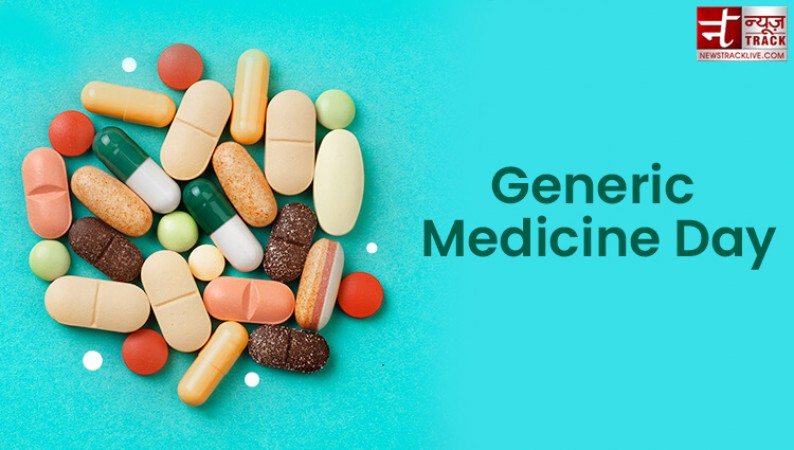
A generic drug is a drug that contains the same chemical substance as the drug that is originally protected by a chemical patent. Generic drugs are allowed for sale after the original medicines expire after the patent. Since the active chemical substance is the same, the medical profile of the generic is considered equivalent to performance. Generic medicine has the same active drug component (API) as the original, but it may differ in certain characteristics such as the manufacturing process, formulations, excipients, color, flavor, and packaging.
Although they may not be affiliated with a particular company, generic drugs are usually subject to government regulations in the countries in which they are dispensed. They are labeled with the manufacturer's name and generic non-proprietary names such as the United States Adopted Name (USAN) or the international non-proprietary name (INN) of the drug. A generic drug must have the same active ingredients as the original brand-name formulation. The US Food and Drug Administration (FDA) requires generics to be within or similar to the acceptable biodiversity limits of their brand-name counterparts in relation to pharmacokinetic and pharmacodynamic properties.
Monoclonal antibodies, such as biopharmaceuticals, are biologically different from small molecule drugs. Biosimilars contain active drug elements that are nearly identical to the parent product and are generally regulated under an extended set of rules, but they are not identical to generic drugs because the active ingredients are not the same as their reference products.
Also Read:
CM Kejriwal made a big announcement, Delhi will have its own Board of Education
Delhi cabinet approves formation of Delhi Board of School Education: Arvind Kejriwal
Railways: IRCTC Platform tickets get costly in Vijayawada division